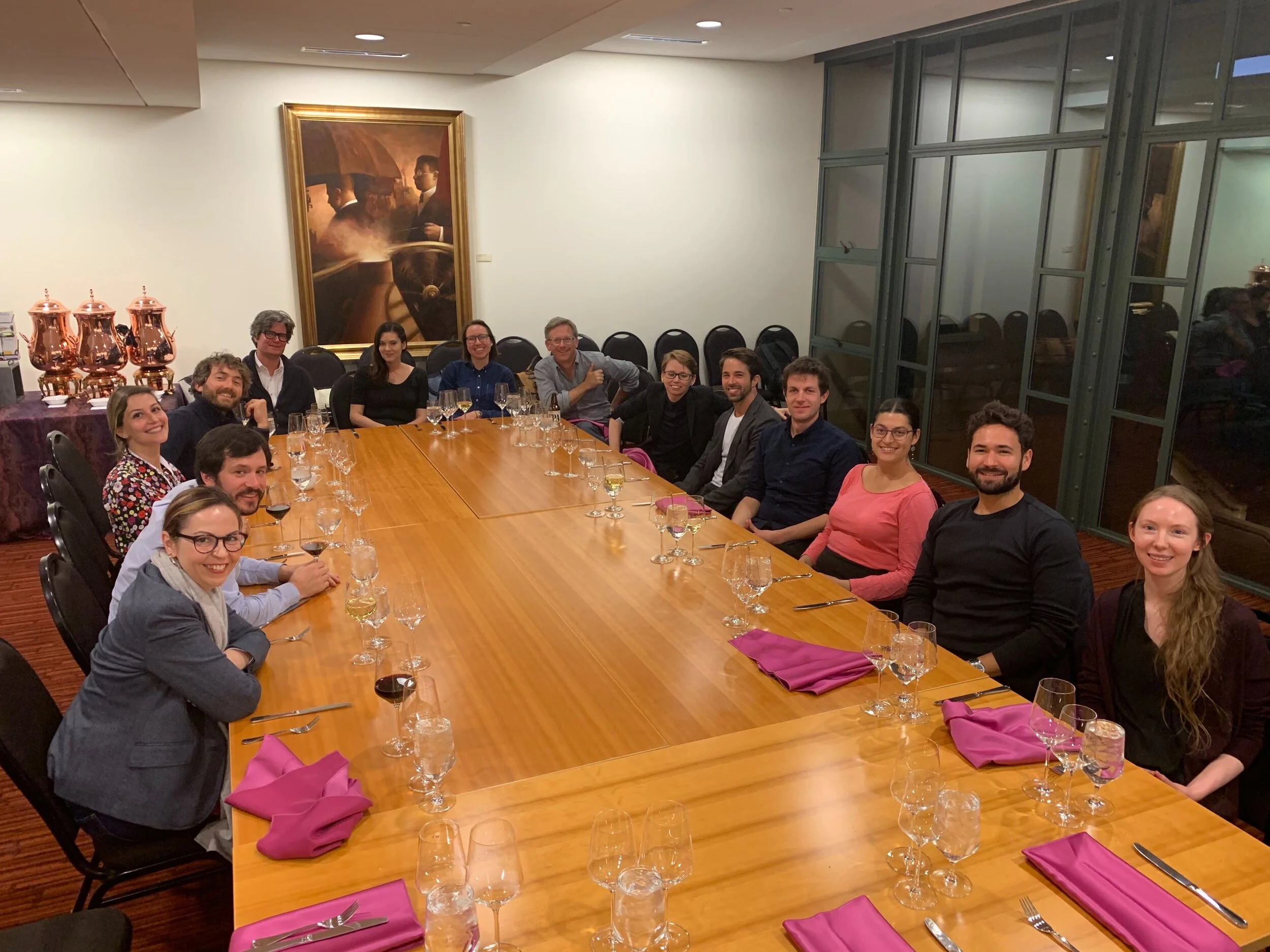Professor Toni Erskine was Keynote Speaker at a public event hosted by the University of Tokyo 6 December 2019. Her lecture was titled, 'Responsibility Lost? AI, Restraint, and the Consequences of Outsourcing Decision-making in War'.
Read MoreProf Toni Erskine was an invited speaker at the Tokyo Forum 2019. She presented some of her recent work on a panel on 'The Digital Revolution: Social Science and Policy'.
Read MoreTo develop morally-sensitive artificial intelligence we have to figure out how to incorporate nonconsequentialist reasoning into mathematical decision theory. This paper, part of a broader project on duty under doubt, explores one specific challenge for this task.
Read MoreSeth Lazar, with Alan Hájek and lead editor Renee Bolinger, co-edited a special issue of leading philosophy of science journal Synthese on 'Norms for Risk'.
Read MoreChelle Adamson provided input into the ANU Future Insights Workshop on AI macro-trends convened by the National Security College in partnership with the Department of Home Affairs. AI’s technical, social, and operational aspects were examined through the lenses of “whole of portfolio” and whole-of-government.
Read MoreSeth Lazar was awarded (jointly) the ANU Vice Chancellor's Award for Excellence in Research. This is one of the university's highest honours for research excellence, and recognises Seth's contributions to philosophy, and to the leadership of the HMI Project.
Read MoreOn the shoulders of the Stanford Human-Centred AI Institute's fall conference in 2019, Seth Lazar and Stanford's Rob Reich co-convened a one-day workshop to explore the morality, law and politics of data and AI.
Read MoreShould hate speech on social media be regulated? Can it? This piece outlines current US debates on this issue and situates the problem in its global context, drawing on examples of effective and potential regulation in Europe and in emerging markets.
Read MorePlaytest demonstrates that that when our fantasies feel real, and have the power to hurt, they are no longer just a game. Virtual reality can build a bridge between what seems real and what is real, and this means its power to scare us silly is not just novel: it’s revolutionary.
Read MoreTogether with Stanford's Rob Reich, Seth Lazar co-convened a session of the Human-Centred AI Institute's fall conference on AI Ethics, Policy and Governance, on 'New Directions in AI Ethics'.
Read MoreAs humans, our skills define us. No skill is more human than the exercise of moral judgment. We are already using Artificial Intelligence (AI) to automate morally-loaded decisions. In other domains of human activity, automating a task diminishes our skill at that task. Will 'moral automation' diminish our moral skill? If so, how can we mitigate that risk, and adapt AI to enable moral 'upskilling'? Our project, funded by the Templeton World Charity Foundation, will use philosophy, social psychology, and computer science to answer these questions.
Read MoreAs a member of Women in AI, Chelle attended the Women Ambassadors Luncheon on Fairness, Accountability, Transparency and Ethics in AI at the National Press Club. A panel of eight thought leaders in AI including Genevieve Bell (ANU), Sally Cripps (USyd), Angela Kim (Zurich Insurance), Jeannie Marie Paterson (UMelb) and Catrina Denver (Monash) led an open debate discussing a number of today’s most pertinent AI issues.
Read More











